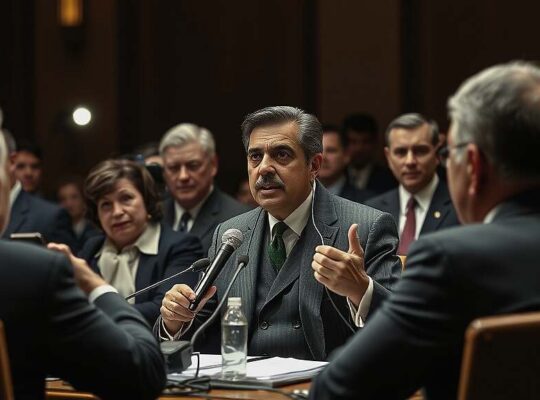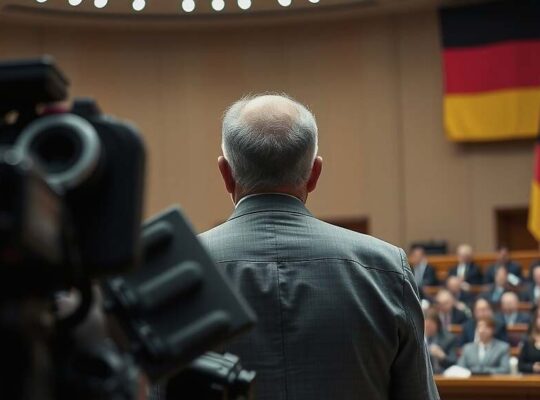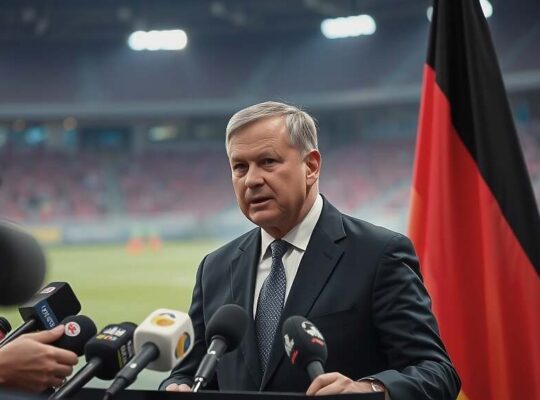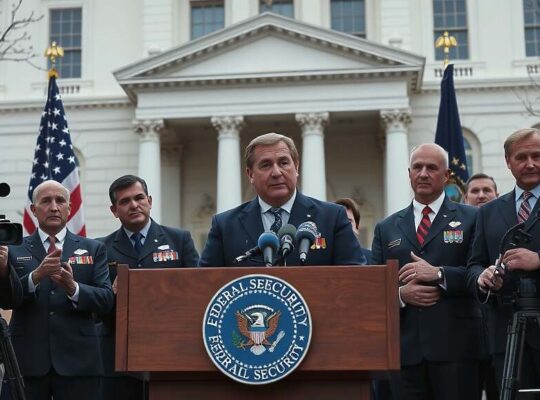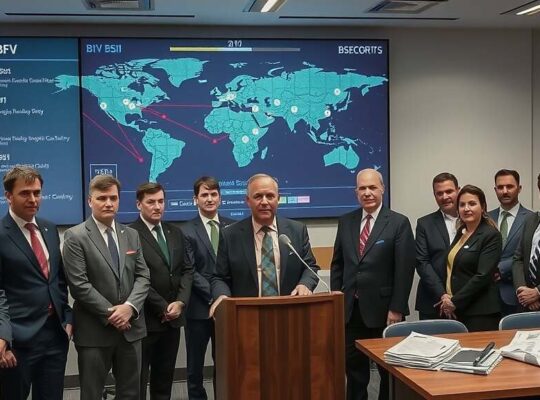The former U.S. President Donald Trump has issued a stark and controversial threat of military intervention in Nigeria, escalating tensions surrounding the ongoing violence against Christians in the nation’s northern regions. In a post on his Truth Social platform, Trump declared that the United States would immediately cease all aid and support to Nigeria and potentially launch a full-scale military operation if the Nigerian government fails to prevent the continued persecution of Christians.
The stated objective of such an intervention, according to Trump’s post, is the complete eradication of Islamist terrorists responsible for what he described as “horrific atrocities”. He claimed to have already directed the U.S. Department of War to prepare for a potential deployment, promising a swift, brutal and merciless operation mirroring the violence perpetrated against Nigerian Christians.
The declaration represents a significant escalation from Trump’s previous statements, where he alleged a “massive massacre” of Christians. While Nigeria’s government has repeatedly denied accusations of genocide and reaffirmed its commitment to combating violent extremism, the former president’s pronouncements have further strained relations.
The threat, while seemingly assertive, raises critical questions regarding U.S. foreign policy and international law. Such a unilateral military action, regardless of perceived justification, would likely trigger condemnation from international bodies and African nations alike. Analysts point to the potential for destabilization across the region, given Nigeria’s size and strategic importance.
Furthermore, the situation is complicated by the multifaceted nature of the conflict. While Islamist extremist groups are undeniably responsible for acts of terror targeting Christians and Muslims alike, the violence is rooted in complex socio-economic and political factors including inter-communal clashes, resource scarcity and government failings. A military intervention risks exacerbating these underlying causes and fueling further resentment.
Nigeria, Africa’s most populous nation, continues to grapple with sporadic acts of violence across its northern states, impacting civilian populations, security forces and places of worship of all faiths. The country’s government faces increasing pressure, both domestically and internationally, to address the root causes of the unrest and ensure the protection of all its citizens – a challenge that a U.S. military intervention, rather than resolve, might only complicate.




